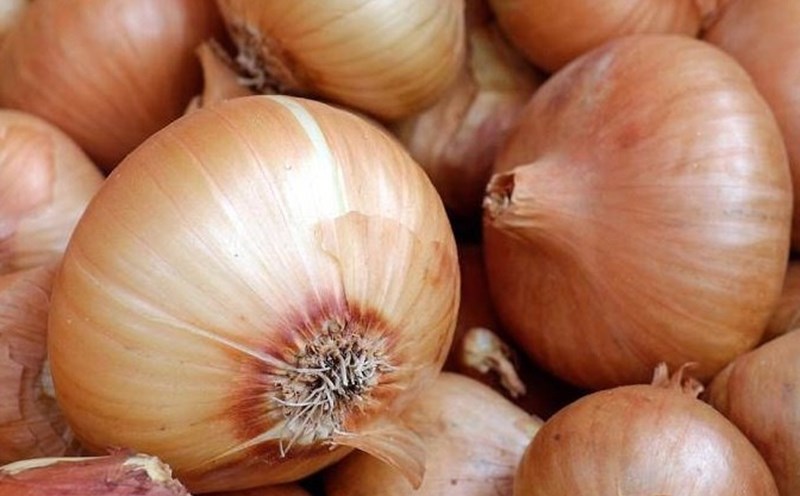People with kidney disease need to follow some strict eating principles to limit the burden on the kidneys, avoid dangerous complications such as high blood pressure, edema, or end-stage chronic kidney failure.
The first principle is to limit protein. When the kidneys are weakened, the ability to filter break down products from protein is reduced, easily causing the accumulation of urene in the blood. Experts recommend only consuming about 0.6 - 0.8 grams of protein/kg of body weight per day for patients with kidney failure who have not had dialysis. Prioritize high-quality proteins such as eggs, fish, low-fat milk, to both ensure basic needs and reduce the burden on the kidneys.
The second principle is to reduce sodium (salt). According to the World Health Organization, people with weak kidneys should not eat more than 2 grams of sodium per day (equivalent to 5 grams of salt). High sodium causes water retention, increases blood pressure and makes edema worse.
The third principle, controlling potassium and phosphorus is also very important. When the kidneys are deficient, potassium and phosphorus are easily accumulated in the blood, causing arrhythmia and osteoporosis. Therefore, you should avoid foods rich in potassium such as bananas, potatoes, oranges and reduce foods high in phosphorus such as organs, whole milk, and soy.
People with weak kidneys need to drink enough water (depending on the level of renal filtering), divide meals, avoid processed foods, and should consult a nutritionist to design a suitable serving.











